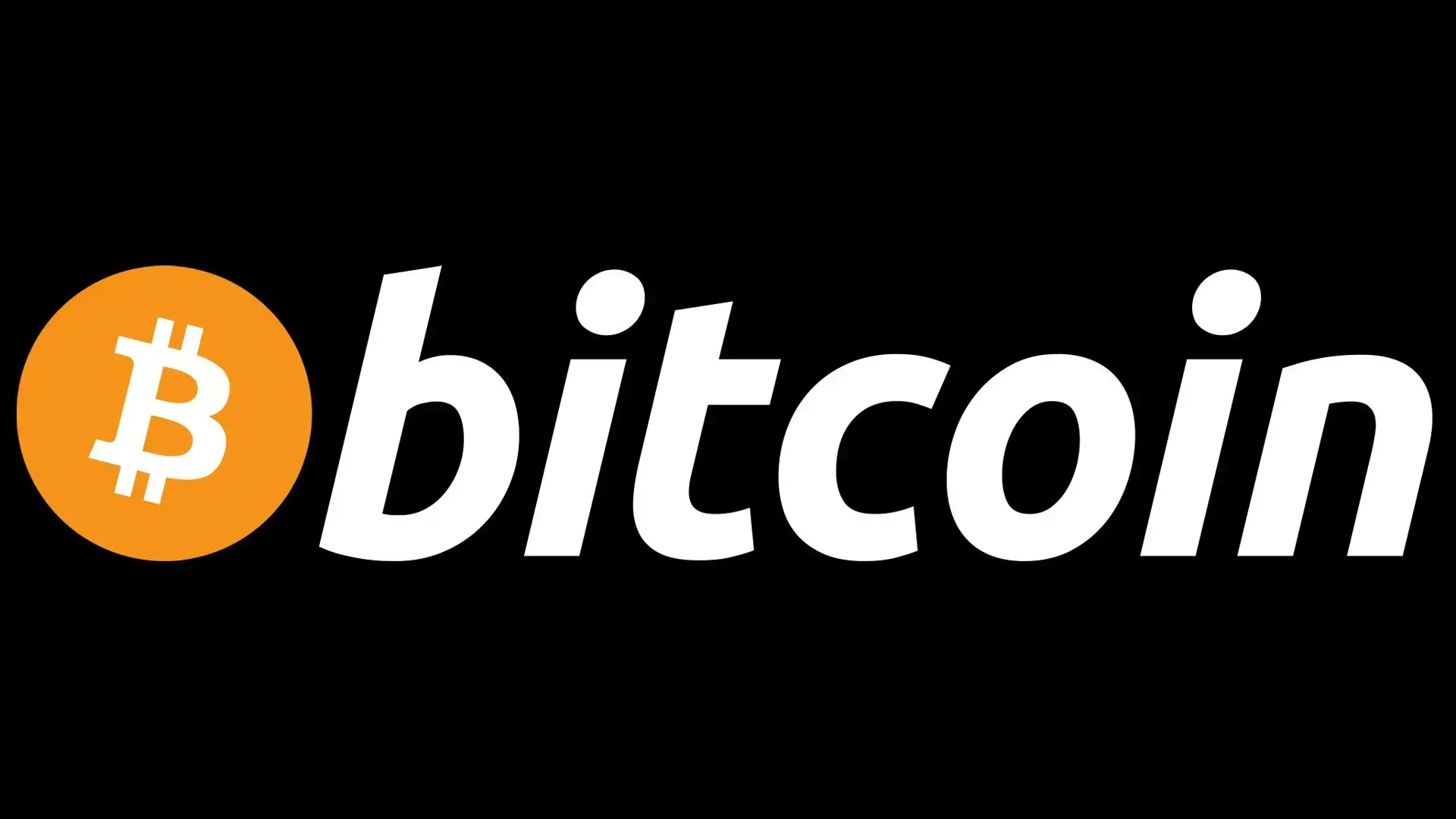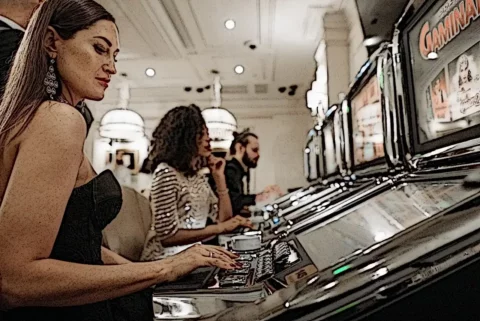Before I explain Security Tokens, let us have a look at what has been happening recently for Crypto. The price of every cryptocurrency has been experiencing a roller coaster like ride over the last two years. Bitcoin had a high of nearly $20,000 in 2017 (R300 000) before a plummet during 2018 but has rallied again within the last month in May of 2019. Although these assets have all been enjoying gradual growth eventually over the long run, the volatile short term changes have been scaring investors off.
But here’s another idea. What if we put securities, like stocks and bonds, onto the blockchain? Experts are now recommending we look into these Security Tokens which could be the next new wave in the Cryptocurrency space. Let’s explore them and explain them more in depth.
What are Security Tokens?
The underlining technology of cryptocurrencies like Bitcoin is the blockchain. It is a digital ledger of every transaction which has been made and keeps itself secure and in check using mathematics.
Security tokens turn real-world tradable assets like stocks and bonds into digital assets which can be recorded on the blockchain. These assets have the backing of the real, actual stock. This gives all the owners the same access to the cash dividends in which that entails.
These stocks can be for very popular companies like Facebook, Google or Apple. Companies that people trust and will be much easier to gain investors. This also gives some benefits to those who trade in stocks normally. They would be able to trade around the clock instead of limiting their trades to when the stock markets are open.
This year, in 2019, an Estonian exchange became the first to start offering Security Tokens. This exchange platform allows investors to buy shares of NASDAQ-listed companies, like Apple or Google.
So What Is An STO Then?
An STO is a Security Token Offering, allowing a company to gain initial fundraising using their real-life securities as a digital token. This is similar to a company beginning to offer public shares but does so using tokens instead. Indiegogo Founder, Slava Rubin announced the first STO in 2018, raising $18,000,000 (nearly R270,000,000). Since then, we see popular funds like Sia Funds, Bcap (Blockchain Capital) and Science Blockchain as popular tokens having initial offerings.
How are they different from ICOs?
Let us not get this confused with ICOs. There are a lot of similar looking acronyms out there. ICOs or Initial Coin Offerings are the distribution of pre-mined cryptocurrencies before the official launch. It is like an IPO when a company becomes public with their stock shares. ICOs have seen a lot of negative news attention because of the many times that scammers have used this as an avenue to rip people off.
You should not confuse these together with Security Tokens or Utility Tokens. Security tokens have the benefit of having the backing of the stock securities market, which has many regulations already in place. They have the potential of becoming a truly regulated commodity as well.
You can imagine the ICO and the STO similarly to Kickstarter, while the Security Tokens themselves are more akin to stocks on the stock market. This is an easier way to visualise the difference.
You should make sure to do your own research before you invest in anything though.
How exactly have STOs been regulated?
As the tokens match the real-life securities. We therefore already regulate them under the same terms as the original security. The 1933 US Securities acts have provisions in them to fully accredit an investor of a securities asset. The original securities already adhere to these regulations and the Security token must adhere to these rules as well.
There are 3 specific federal security regulations from the 1933 US Securities Act which should be adhered to:
- Regulation D
- the Regulation A+
- and Regulation S
Firstly, regulation D will allow you to offer these tokens without the need to be registered by the US Security and Exchange Commission (SEC). This is on the condition that on offering the security, the investors are verified with their information on file.
Next, regulation A+ will allow an exemption so that the creator can offer securities with SEC approval to non-accredited investors. This has a cap up to a $50,000,000 cap (about R730,000,000). This option can add a lot of time to the issuing of the tokens, however. The price of offering the tokens this way can also increase as well. These increases in price are more than likely to affect the buyer as well so this is an expensive option.
Finally, regulation S is a provision that happens when a security offering will be in a country apart from the US. As it is outside the US territory, it is not subject to the same registration requirement as before. The parties offering the securities will still have to follow the security regulations of the jurisdiction they wish to offer the security.
What is the future of Security Tokens?
The future looks bright for Security Tokens. They will allow companies to be able to reduce their costs for listing on stock markets and allow investors an easier way to trade into private equity. Although these new styles of tokens anchor themselves to real life assets, it is a strength, not a weakness. Security Tokens will prove, like stablecoins, that cryptocurrencies can enter a more mainstream space where investors can be more willing to buy into. Find out more about Stable coins by reading our previous post, “What are Stablecoins?”
Tokenisation looks to be the trend and Security tokens are the next stage of that. Turning a real-world asset into a digital one like in this case, with stock securities. The future looks to bring a reality where any tradable asset can be tokenised. Art pieces, real estate, land ownership, anything with value and that can be traded, could be represented as a digital token on a blockchain in the future.
What do you think of Security Tokens? Will you be investing? What do you think the future is for these types of tokens?







